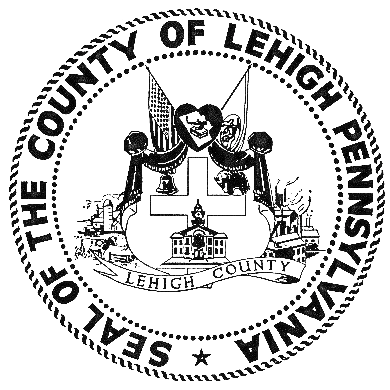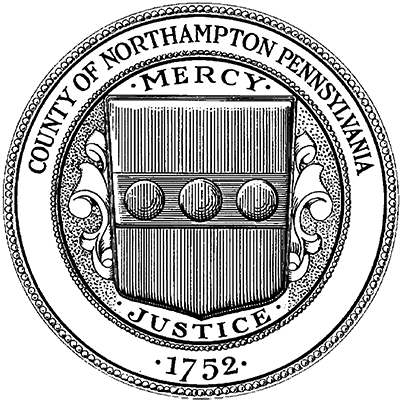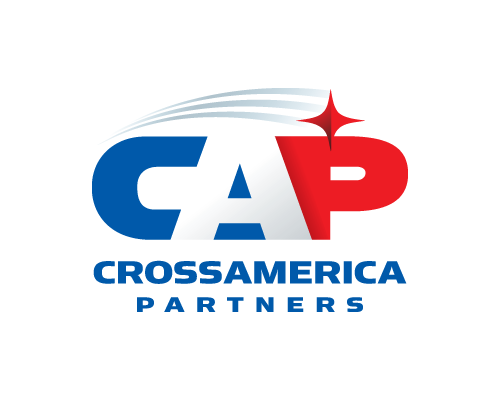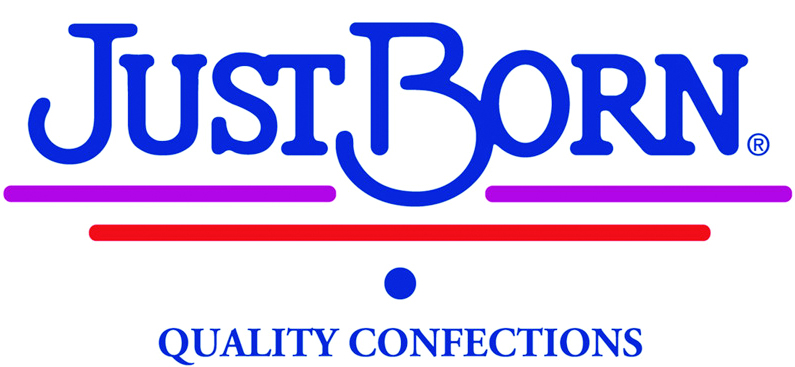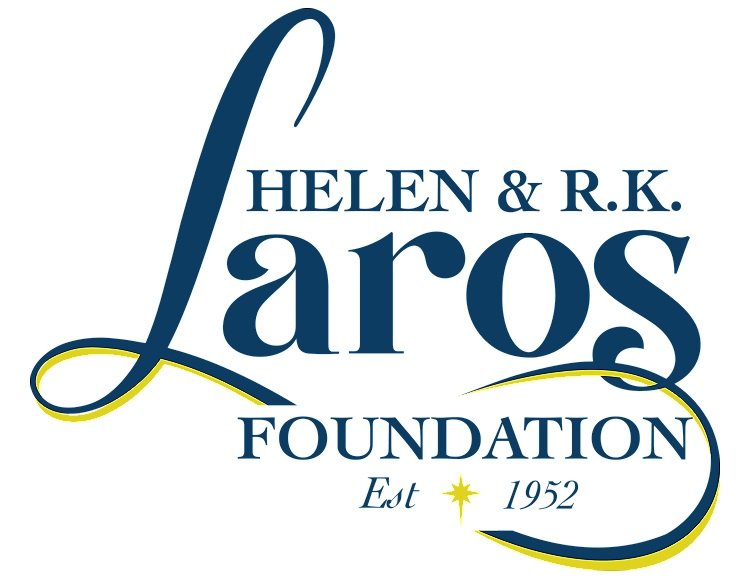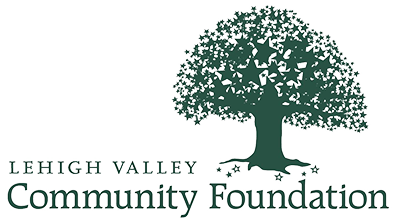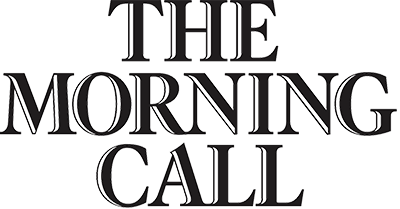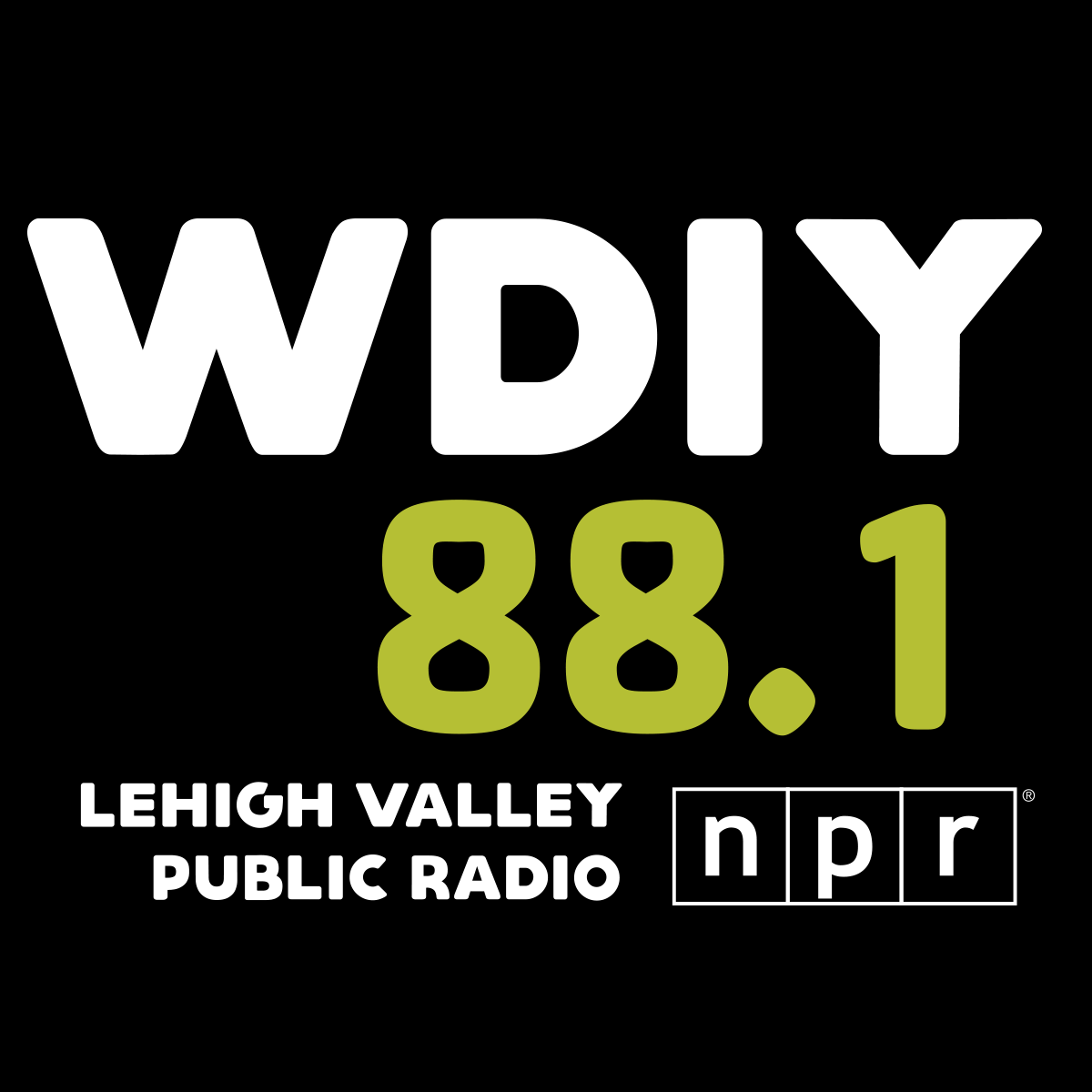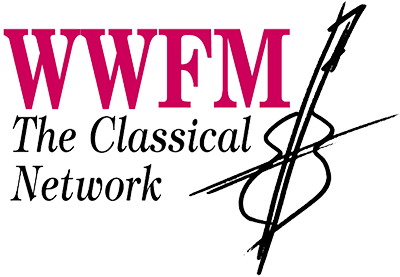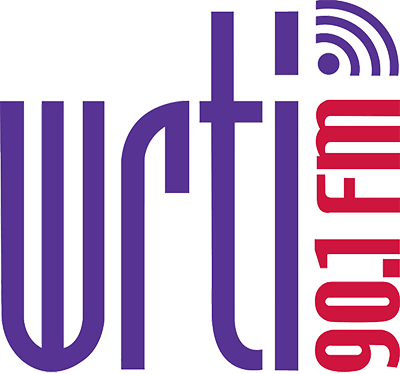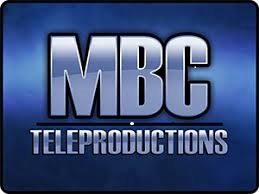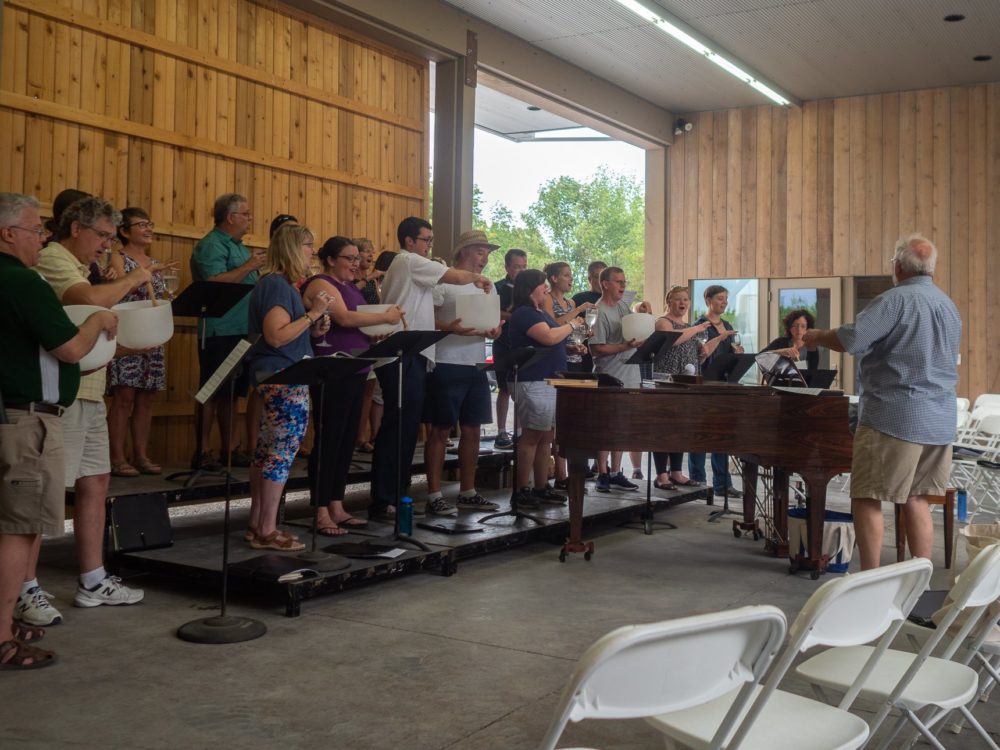 Members of The Choir rehearse Ēriks Ešenvalds’ Stars at the Hermann J. Wiemer Vineyard
Members of The Choir rehearse Ēriks Ešenvalds’ Stars at the Hermann J. Wiemer Vineyard
I’m making a quick reappearance on the blog during my summer hiatus to strongly endorse attending this Tuesday’s Bach at Noon at St. John’s Lutheran Church in Allentown. The doors will open at 11:30, and the music starts just after noon. Repertoire and performers include the Russian piano prodigy, Kristina Moditch, playing Bach’s C-Minor Partita, Bach’s infectiously joyful Pentecost Cantata O Ewiges Feuer, BWV 34, and two selections from our annual salon at the Hermann J. Wiemer Vineyards in the Finger Lakes, a few weeks ago.
As often is the case with Bach’s minor-key keyboard works, his second partita is a colossus of contrapuntal architecture, daunting to performers, but riveting to listeners. Given Kristina’s preternatural skills in deconstructing musical complexities, we can expect to hear the contours of Bach’s genius in a performance that will balance artistry with an awareness of the structure of the music, breathtaking dynamics, and her signature senses of articulation and touch. I am usually wary of showering too much praise on young artists, but in Kristina’s case, all of the superlatives apply. I’m really looking forward to hearing her play this music!
I’m also very much excited that we’ll be singing two fairly contemporary works as intermezzi between the bookends of big Bach! Morten Lauridsen’s setting of James Agee’s deeply-moving poem, Sure on this Shining Night, is one of his most evocative yet simple compositions. Lauridsen considers the poem “pantheistic,” a striking evocation of nature and the beauty of a starlit night sky. This work definitely sits in a more harmonically consonant neighborhood when juxtaposed against Lauridsen’s Mid-Winter Songs, which we sang in this past year’s Spring Concert, with its jagged, angular harmonies, and bracing piano accompaniment. Instead, Shining Night is full of beautiful lyricism and a peaceful accompaniment. In the brilliant words of Agee, “High summer holds the earth, hearts all whole.” Prepare to be transfixed!
Then will follow a musical curiosity that definitely worked its magic into the hearts and minds of the singers that encountered it this summer, contemporary Latvian composer Ēriks Ešenvalds’ setting of a Sara Teasdale poem, Stars (do you sense a theme?). I first heard the work on a compilation of the composer’s works recorded by the choir of Trinity College, Cambridge, and was smitten. Ešenvalds has the singers accompany themselves on tuned water and wine glasses (the ethereal effect is very similar to a glass harmonium), with the option of using tuned Tibetan bowls, as well. Choir member Kurt Anchorstar heroically coordinated the acquisition of the necessary glasses and helped to rent some Tibetan bowls from a choir in Manhattan (whose replacement value is staggering). The glasses have to be filled with water, just so, and singers will activate them by gliding their fingers over the lips of the glasses. The bowls have special “ringers” which require a stirring action from those with enough fortitude to play them. The photo above is from an initial run with the bowls before it was decided to place them on tables, to everyone’s enormous relief. It sounds like a lot of effort, but this piece is a real stunner, and the two contemporary meditations on stars will surely delight and soothe. Ešenvalds uses some interesting tricks, compositionally, to create all sorts of vocal effects, and to create the illusion, through the use of overtones, of a more lush harmony than is actually there. It’s going to be glorious.
As will the final offering on the program, Cantata No. 34. This was the work with which we closed our UK tour program in 2003, and it’s a compact barnburner. In it, Bach and his librettist explore several facets of the Holy Spirit’s work among us, including an opening movement of fire and zest, with appeals to God as everlasting fire and the ursprung, or origin of life. There are rhapsodic fanfares from the trumpets, powerful blasts of timpani, and constant perpetuum mobile, or perpetual motion, from the strings. Then the basses of the choir enter with some brilliant text painting – we sing a very long note on the first syllable of the word Ewiges or eternal. This is Bach in his cosmic praise mood, and there are moments in the work when it feels like singers and orchestra might just break free from the confines of gravity. After a recitative, the work’s central aria returns us to earth with a time-stopping pastorale, complete with strings and winds, one of Bach’s great lyrical arias (if he had composed opera, this would be one of the great baroque love arias). A baritone recitative dovetails with the concluding movement, an animated chorus combining pleas for peace upon Israel with ecstatic peals of thanksgiving.
We generally don’t have any trouble filling the churches for our Bach at Noon offerings, but I think we should be packed to the rafters for this program – the ecstatic gothic architecture of St. John’s will be an impeccable setting for a program of great variety and overflowing joy. Please, please, please: do yourself a favor – if you can attend – join us. Bach at Noon is our gift to the community, and this month’s offering is especially precious and life-giving!





